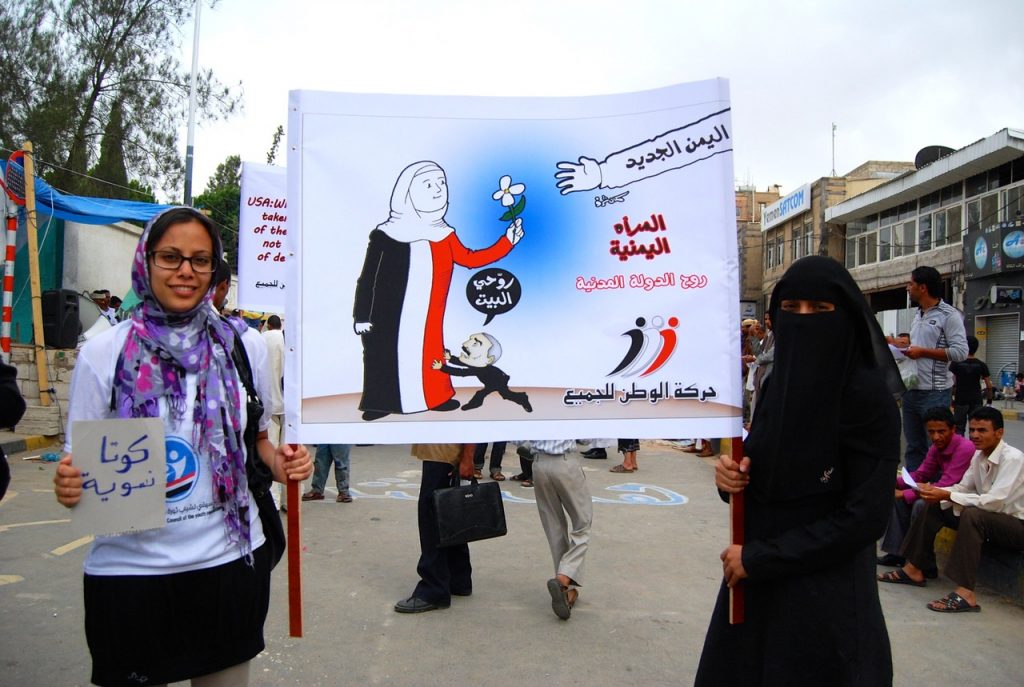
Women, violence and exiting from violence with a gendered approach: MENA region and diaspora
The working paper presents a gendered approach to understanding violence and ways of exiting violence. It emphasises the importance of studying violence in the private and public spheres, as well as gender-based violence wherever it may occur. These different types of violence are linked by the thread of gender and can be analysed under the concept of the ‘continuum of violence’.
A gendered approach also emphasises the need to address social injustice and structural inequalities all round: ending gender-based violence, guaranteeing women’s equal access to resources and addressing all forms of inequalities, oppressions and exploitation. This report highlights examples where women have been active in contributing to ending violence and injustice, as social actors in their own right, in the region, locally, nationally and internationally.
The authors
The authors are members of the working group Women and violence with a gendered approach: MENA region and diaspora of the International Panel on Exiting Violence
Najwa Adra is a cultural anthropologist with over 30 years of academic field research and expe-rience in international development.
Nadje Al-Ali is Robert Family Professor of International Studies and Professor of Anthropology and Middle East Studies at Brown University.
Sana Farhat is a reporter of the tunisian press agency (TAP) in Paris.
Danièle Joly is Professor Emeritus in the Department of Sociology at the University of Warwick and Associate researcher at the CADIS-EHESS (Paris) and at the IFRI (Paris).
Pénélope Larzillière is a social scientist, research fellow at the Institute for Research on Development (CEPED-Université Paris Descartes/IRD).
Nicola Pratt is Reader in the Politics and International Studies Department, University of Warwick, UK.
Two Yemeni women activists in Sanaa during the Arab Spring
